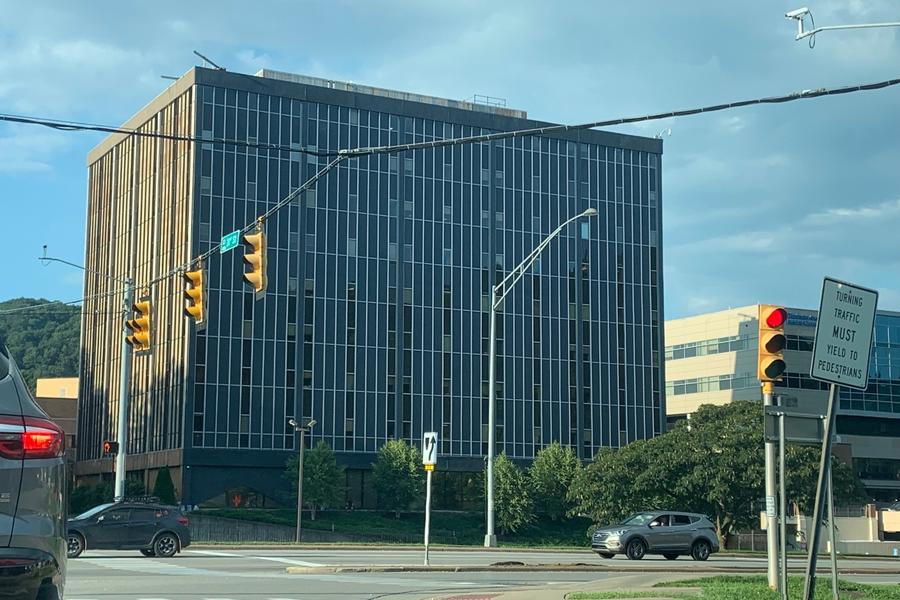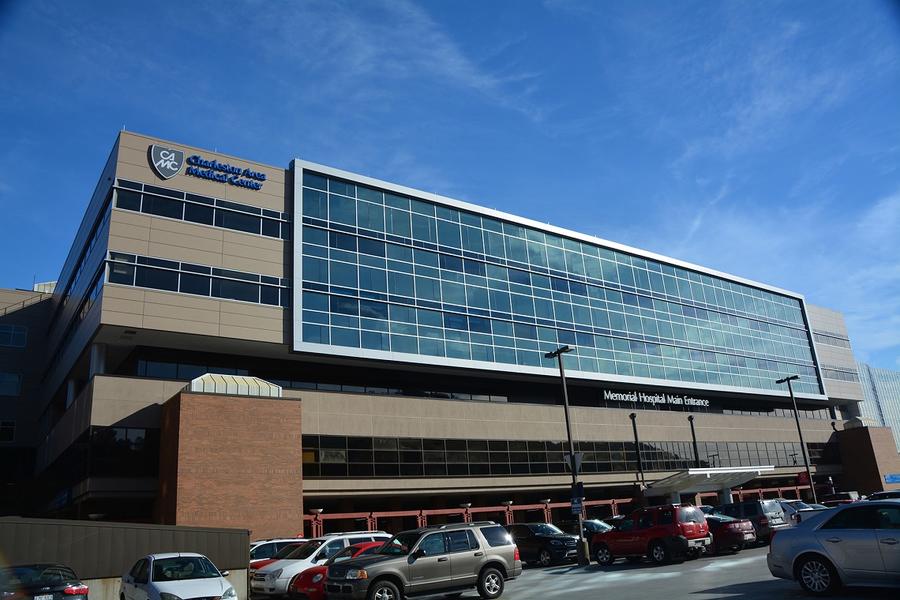Our Approach to Care
Chronic Obstructive Pulmonary Disease (COPD) is an umbrella term used to describe ongoing, progressive lung diseases like pulmonary emphysema, chronic bronchitis and refractory asthma. With these conditions, airways in your lungs are blocked and it makes it hard to breathe. Symptoms include cough, increased sputum, wheezing and shortness of breath. There is no cure for COPD, but with lifestyle changes, medications and certain treatments, the disease can be managed.
What causes COPD?
The most common cause of COPD is tobacco smoking. Other possible causes include secondhand smoke, marijuana use, occupational exposures, genetics and environmental pollution.
How do you treat COPD?
While there is not a cure for COPD, there are ways to manage and treat it with the goal to prevent exacerbations and maximize the quality of life.
Control risk factors
- Smoking cessation
- Avoiding secondhand smoke
- Medication adherence
- Assessing inhaler technique regularly
- Staying up-to-date on the influenza and pneumococcal vaccinations
- Good hand hygiene
- Pulmonary rehab
- Long-term oxygen therapy
- Proper nutrition/rest
Medications
Certain medications can help manage symptoms of COPD.
- Bronchodilators: These work by relaxing the muscles that wrap around the breathing tubes, which allows the tubes to become larger and easier to breathe through
- Rescue inhalers
- Maintenance inhalers
- Steroids: These are medications that reduce swelling in the breathing tubes. They are given in an inhaler or pill form.
- Antibiotics: Given to treat bacterial infections
- Mucolytics: Help thin mucus
- Oxygen: Oxygen may be prescribed if tests show that your blood contains too little oxygen
Follow-up care
If you have been diagnosed with COPD, it is important to see your pulmonologist within seven days of discharge from the hospital following your diagnosis.
Routine follow-up of COPD is essential for managing your condition. Lung function may worsen over time despite the best care available. Regular follow-up to assess symptoms and measure airflow limitations will help determine when it is appropriate to modify your treatment.
CAMC COPD Clinic
CAMC's COPD Clinic is located at the CAMC Pulmonology Office.




